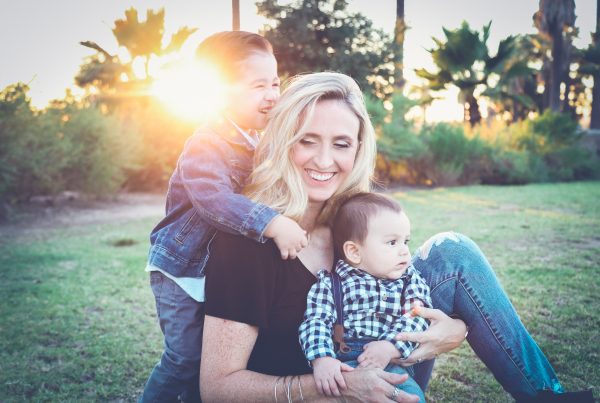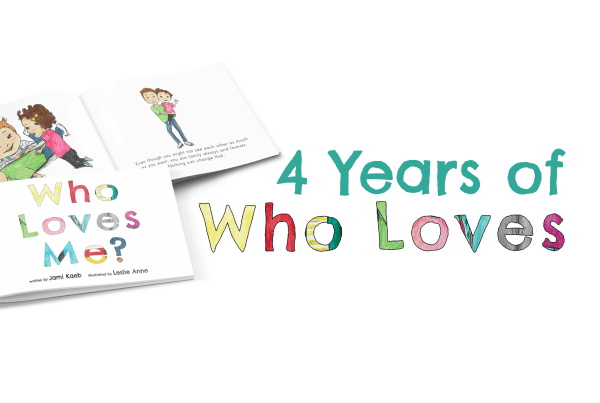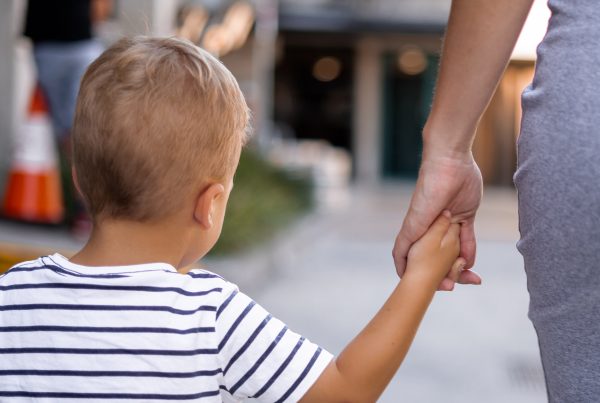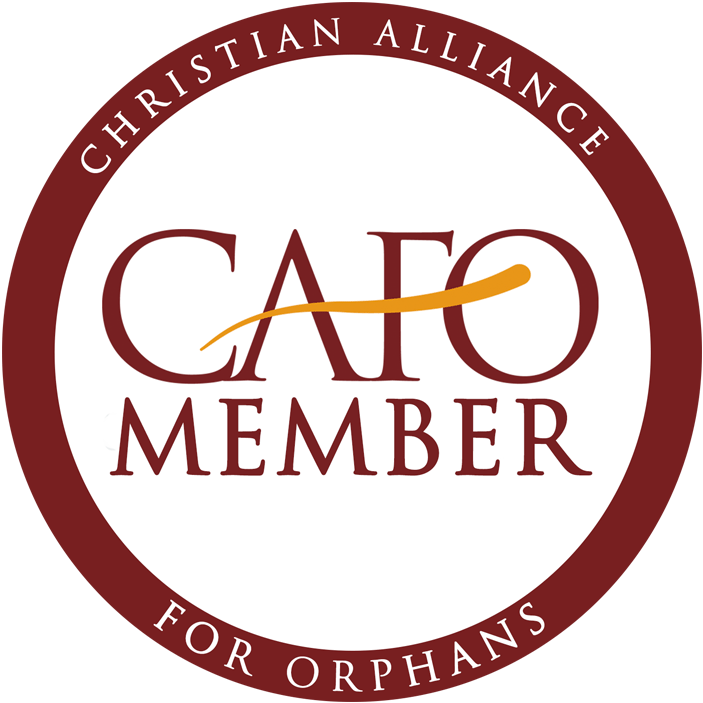
I know you’re eagerly waiting. You can’t wait to dive into caring for babies, kiddos, or youth in your home. You saw the need and were moved to do something.
You’re going to be a FOSTER PARENT!
Thank you for saying yes to jumping in!
Before you get that call from the caseworker, add these things to your to-do list. We know that list is long, but we promise, these things will make all the difference. How do we know? Because it’s coming from real foster parents who have already walked the road. They were in your shoes, and this is what they wish they would have spent time doing while they were taking classes or waiting for that call. These 11 things would have made their transitions into foster parenting smoother, and they want that for YOU.
1. Find those people that will walk with you through this journey.
I wish I would have been better at asking for and receiving help. Build your tribe before you take your first placement. It is okay not to have it all together, but having others who will surround you in the crazy is so important.
2. Learn more about trauma and how it affects the brain.
I wish I would have read more on childhood trauma before becoming a foster parent. The process of a child coming into care on top of the many other things these children experience leads them to respond to and handle things differently. I was not prepared to parent them differently or meet them where they are at. Read, research, and learn more so that you can become trauma-informed.
3. Dive into God’s Word so that you know Him deeply!
I wish I would have had more practice with “being still” and seeking His voice. I could have avoided a lot of stress by turning to Him first and not thinking that I had to do this all on my own.
Trust in the Lord with all your heart, and lean not on your own understanding; In all your ways acknowledge Him, and He shall direct your paths.
Proverbs 3: 5-6
4. Don’t overload your house with everything you think you’ll ever need.
I wish I would not have purchased so much stuff. Have the basics for the age of children you plan to have in your home, but you don’t need to load up on clothes or toys until the child arrives. A few bottles, pacifiers, hygiene products, or things you would need to survive the first night or two will be enough. I wasted so much time gathering clothes for size birth to 8yrs old and never used any of it as the seasons didn’t aline. You will find that foster families pass along clothes, and your community may even have a resource that provides clothing. Get to know your community’s resources.
5. Develop your list of questions for when you receive the call.
I wish I would have had a list of questions to ask when CPS called to place a child with us. If the agency cannot answer your questions or you feel like you don’t have enough information to make a wise decision, it’s okay to say no. I know that CPS doesn’t always know a lot about a child, but be direct and have that list ready. Know that even when you do have a plan and you have to say no, it still hurts.
6. Practice your response when faced with opposition or ignorance to foster care related issues.
I wish I would have prepared for the unkind comments we faced. Learn and practice what you will say and do when you or your child receives harsh questions and comments about foster care or their story. At some point, this will happen, and you should have a set response ready so that you don’t fumble in the midst of the shock and hurt of ignorant questions. Then, pray for your community. Pray that those who respond in ignorance will become aware and practice kindness.
7. Connect yourself to people with different backgrounds and ethnicities than your own and learn humbly.
I wish I would have educated myself more on the feelings, perspectives, and different cultural aspects of parents raising kids of a different race. There are multicultural Facebook pages, blogs, and other ways to educate yourself. This will also help you prepare for the day when someone tells you that you are doing it wrong (like that woman did in the middle of the grocery store as she was rubbing my foster child’s hair). I later found out our agency has a class about this, so I’d recommend reaching out to your agency to see.
8. Learn the lingo. Get a notebook, write down what you don’t know, and ask.
I wish I would have had a document that says what kinds of meetings you can expect and what they are for, like monthly caseworker visits, sibling visits, ACRs, Adjudication, Disposition, etc. What does all of that mean? Start keeping a list now.
9. Check out what resources are already available in your community.
I wish I would have learned more about my community resources before a child was placed with me. I had no information on early intervention and how to advocate for those services. Now I know what organizations offer developmental testing and services.
10. Be intentional to check-in with your forever kids through each step in the process.
I wish I would have had a better plan for my forever kids who are walking through this journey with us. Design family boundaries, rules, and systems now so that when a new child and all they bring with them flood your home, you have a plan where everyone in your home is seen and heard.
11. Find great resources to bring you encouragement in your journey!
I wish I would have known about The Forgotten Podcast before I started my foster care journey. The podcast, blog, and other resources from The Forgotten Initiative have helped educate me and keep me encouraged. Seek out things that fill your cup and encourage you as The Forgotten Podcast will. The reality is we can never fully be prepared for what to expect in this journey, but connect yourself to resources and people who can continue to guide you along the way. You are not alone.
Want to read more from Foster Parents?
Check out: What I Wish I Knew Before Getting Into Foster Care

Shannon Spaid
Shannon is a wife and busy mother of four with a passion for serving and helping others. After experiencing the foster care system as a foster mom, her eyes were opened to the needs of the foster care community.
Get encouragement and updates in your inbox.
Be the first to know about new episodes, posts, resources, and stay in the loop about what’s coming up.
You Might Also Enjoy:






